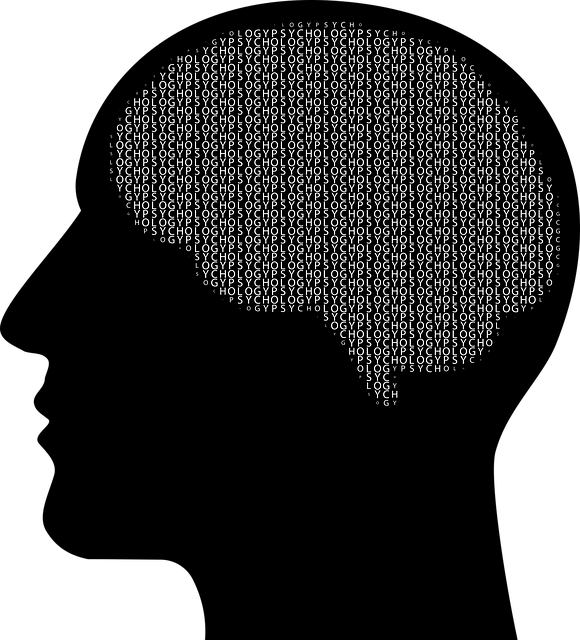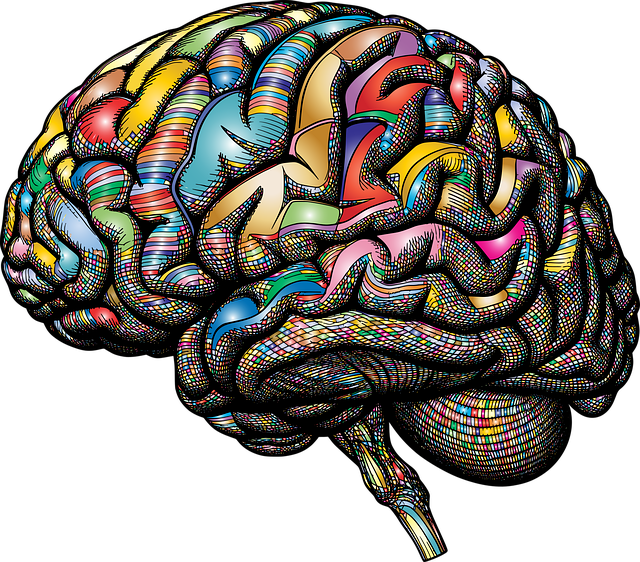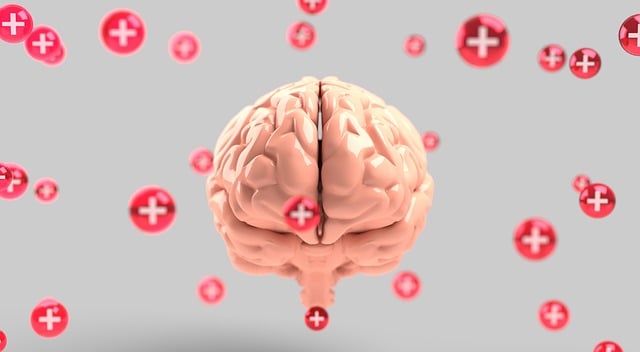In a fast-paced world with widespread mental health challenges, Englewood Russian Speaking Therapy (ERST) addresses gaps in accessible self-assessment tools for diverse populations using Mind Over Matter principles. ERST offers tailored programs like Mental Wellness Coaching and Stress Reduction Methods, empowering Russian-speaking communities in Englewood to overcome cultural and linguistic barriers. Their user-friendly, culturally competent resources reduce stigma and improve mental health awareness, facilitating early detection and timely interventions by healthcare providers. Through rigorous testing, continuous refinement, and incorporating Empathy Building Strategies, ERST ensures their self-assessment tools remain effective while catering to the unique needs of underserved communities.
In today’s digital era, mental wellness self-assessment tools play a pivotal role in early detection and intervention. This article explores the development of such tools, specifically tailored for Russian-speaking communities in Englewood. We delve into the understanding of their need, engaging the target audience through culturally sensitive and accessible design, effective tool creation, and continuous improvement processes. By focusing on these aspects, we aim to enhance mental health support for Englewood’s Russian-speaking therapy seekers.
- Understanding the Need for Self-Assessment Tools in Mental Wellness
- Engaging the Target Audience: Russian-Speaking Communities in Englewood
- Designing Effective Mental Health Self-Assessment Tools
- Integrating Cultural Sensitivity and Accessibility into the Development Process
- Testing, Refinement, and Continuous Improvement for Optimal Impact
Understanding the Need for Self-Assessment Tools in Mental Wellness

In today’s fast-paced world, where stress and mental health challenges are prevalent, there is a growing need for accessible and effective self-assessment tools in mental wellness. These tools empower individuals to take charge of their psychological well-being and play a crucial role in early intervention. Many people, especially those facing language barriers like the Russian-speaking community in Englewood, may struggle to access appropriate mental health resources due to cultural or communication difficulties. Self-assessment tools tailored to diverse populations can bridge this gap, offering much-needed support and guidance.
Englewood Russian Speaking Therapy, for instance, recognizes the importance of such initiatives. By developing self-assessment tools aligned with Mind Over Matter principles, they aim to enhance mental wellness practices. These tools can assist individuals in evaluating their emotional states, identifying potential issues, and even promoting confidence boosting strategies. Moreover, healthcare providers can utilize them as a part of burnout prevention strategies, ensuring early detection of stress or depression among their patients, and providing timely interventions.
Engaging the Target Audience: Russian-Speaking Communities in Englewood

Engaging Russian-speaking communities in Englewood presents a unique opportunity to address mental wellness concerns among a population often underserved by traditional healthcare systems. Many Russian speakers face cultural and linguistic barriers when accessing therapy, leading to unmet needs for support. Customized approaches are necessary to attract and retain this audience in mental health initiatives.
By developing targeted Mental Wellness Coaching Programs, incorporating Stress Reduction Methods tailored to their cultural context, and utilizing effective Public Awareness Campaigns Development, we can foster a sense of accessibility and trust. These strategies ensure that Russian-speaking individuals in Englewood feel empowered to prioritize their mental health and seek the assistance they deserve.
Designing Effective Mental Health Self-Assessment Tools

Developing effective mental health self-assessment tools is a crucial step in promoting individual well-being and reducing the stigma surrounding mental illness. These tools, tailored to diverse populations, can significantly enhance access to care, especially for underserved communities like Englewood’s Russian-speaking residents who may face unique cultural barriers. By incorporating sensitive language and considering specific needs, such self-assessments can foster open dialogue about mental health, encouraging individuals to seek necessary support.
Englewood Russian Speaking Therapy, for instance, can benefit from creating culturally competent resources that address the unique challenges faced by this community. Incorporating user-friendly interfaces and clear, accessible language ensures that these tools are not only effective but also welcoming. Moreover, integrating features that provide immediate feedback and confidence-boosting messages can encourage users to pursue further action, whether it’s reaching out for professional help or adopting healthier coping mechanisms. Effective risk management planning for mental health professionals is also facilitated through such tools, enabling them to offer personalized guidance while mitigating potential risks.
Integrating Cultural Sensitivity and Accessibility into the Development Process

During the development process of mental wellness self-assessment tools, integrating cultural sensitivity and accessibility is paramount. This involves creating resources that are inclusive and relevant to diverse populations, such as the Russian-speaking community in Englewood. Understanding and incorporating cultural nuances ensures that the assessment tools resonate with individuals from various backgrounds, promoting accurate evaluations and effective interventions. For instance, an Englewood Russian Speaking Therapy program can provide insights into unique stressors and coping mechanisms within this specific community, enabling developers to tailor questions and guidance accordingly.
To achieve true accessibility, developers must consider both physical and cognitive barriers. This includes making tools available in multiple languages, ensuring readability for individuals with visual or learning disabilities, and providing clear, concise language. By implementing these strategies, such as those employed by Community Outreach Program Implementations, developers can ensure that Stress Reduction Methods and Public Awareness Campaigns Development reach and benefit a broader audience, fostering a more inclusive approach to mental wellness assessments.
Testing, Refinement, and Continuous Improvement for Optimal Impact

Effective mental wellness self-assessment tools require rigorous testing and continuous refinement to ensure optimal impact. The initial development phase involves piloting the assessment with a diverse group of individuals, gathering valuable feedback from both users and mental health professionals. This iterative process allows for identifying areas of improvement, refining question phrasing for clarity and cultural sensitivity, and ensuring the tool aligns with evidence-based practices, such as those offered by Englewood Russian Speaking Therapy.
Regular updates based on user feedback and emerging research are crucial to maintaining the tool’s effectiveness. Incorporating Empathy Building Strategies and enhancing Risk Assessment capabilities can further elevate the assessment’s value for mental health professionals. By consistently refining and improving the self-assessment, practitioners can better support individuals in managing their emotional regulation and fostering positive mental wellness outcomes.
The development of mental wellness self-assessment tools tailored for Russian-speaking communities in Englewood is a significant step towards addressing unique challenges these individuals face. By combining cultural sensitivity, accessibility, and effective design, we can empower individuals to take charge of their mental health. This initiative not only promotes early detection but also paves the way for more personalized and culturally appropriate therapy options, such as Englewood Russian Speaking Therapy, ultimately improving overall community well-being.













